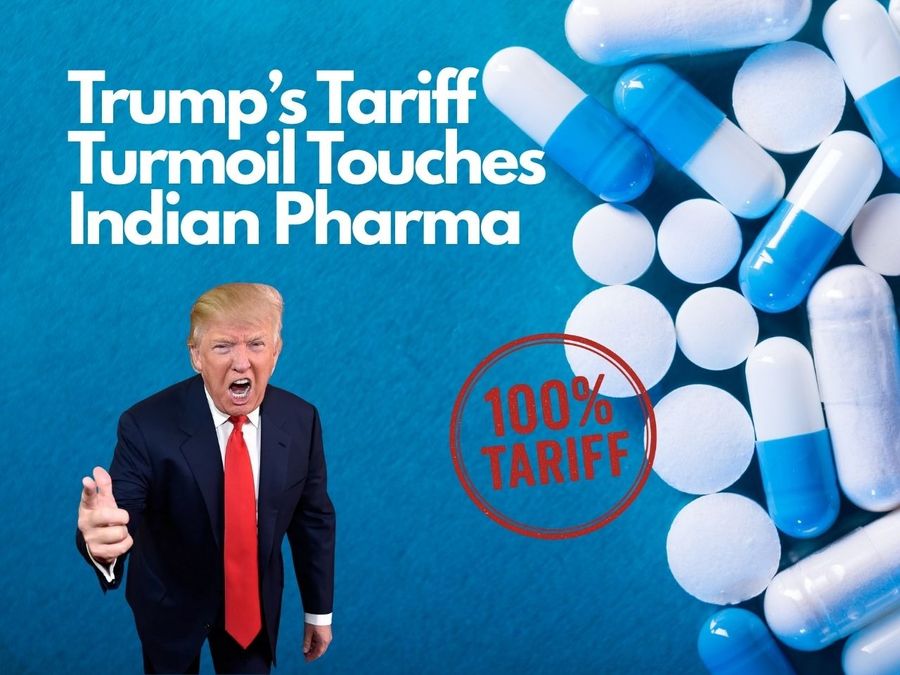
Trump Imposes 100% Tariff on Indian Pharma Imports, Triggering Trade Tensions
In a dramatic escalation of trade tensions, U.S. President Donald Trump has announced a 100% tariff on all branded and patented pharmaceutical imports, a move that directly threatens India’s booming pharmaceutical sector. The new tariff, set to take effect on October 1, 2025, is being positioned by the Trump administration as a way to boost domestic drug manufacturing and reduce dependence on foreign supply chains.
Trump clarified that companies already building or planning manufacturing plants in the U.S. will be exempt from the tariff. However, for companies without a domestic footprint, the penalty will double the cost of getting their drugs into the U.S. market — a devastating blow to global pharma exporters, with India standing to lose the most.
India is one of the world’s largest suppliers of generic and specialty medicines, with the U.S. serving as its biggest market. This sudden tariff announcement has shaken Indian pharmaceutical companies, causing stock prices to plunge for major players like Sun Pharma, Biocon, and Cipla. Industry analysts warn that this policy could disrupt the global supply of affordable medicines, while also driving up drug prices for American consumers.
The move is being seen not just as an economic measure but as part of a broader protectionist agenda by Trump. It comes amid increasing friction between Washington and New Delhi, including recent disputes over energy imports, tariffs on other goods, and India’s strategic ties with Russia.
Critics argue that the policy could backfire on the U.S., leading to higher healthcare costs and potential shortages of essential medicines. For Indian companies, the challenge is now clear: either invest in manufacturing facilities within the U.S. or risk losing access to one of their most important markets.
This 100% tariff announcement has set the stage for what many are calling an economic cold war between the two nations. With India’s pharmaceutical exports at stake and millions of patients dependent on affordable drugs, the coming months will be critical in shaping the future of global healthcare and U.S.-India trade relations.
